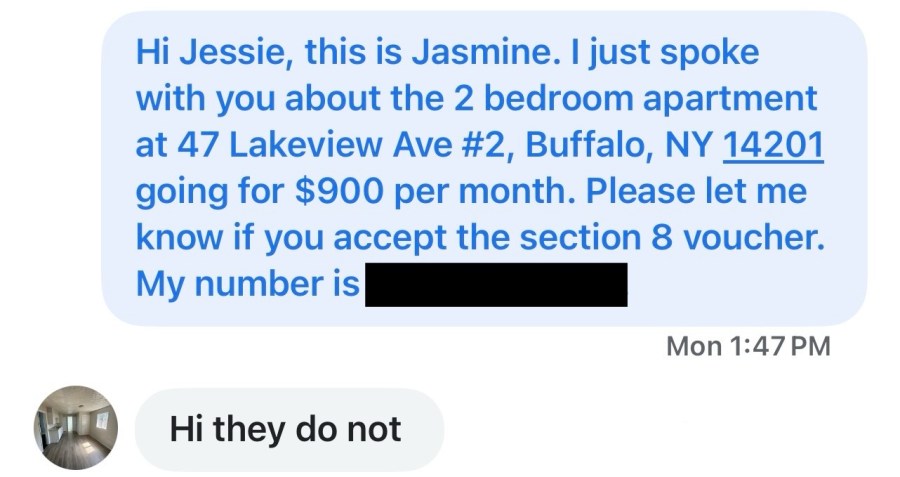Understanding Section 8: How Housing Choice Vouchers Impact Renters and Landlords

Section 8, also known as the Housing Choice Voucher program, is a lifeline for many low-income families seeking safe, affordable housing in the United States. However, despite federal and local laws meant to protect voucher holders, discrimination remains a stubborn challenge. This article explores how Section 8 works, the issues renters and landlords face, and recent stories highlighting ongoing problems in cities like Chicago, Syracuse, and Buffalo.
What Is Section 8?
Section 8 is a government program designed to help low-income individuals and families afford decent, safe housing in the private market. The program provides vouchers to eligible renters who use them to pay part of their rent, while the government subsidizes the rest. Renters must find landlords willing to participate, and the unit must meet specific health and safety standards.
For landlords, accepting Section 8 tenants can offer guaranteed rent payments and a large pool of potential renters. However, participation does require passing an inspection and adhering to program guidelines.
Discrimination Against Section 8 Voucher Holders
Despite laws protecting against source-of-income discrimination, evidence shows many landlords still reject tenants with Section 8 vouchers. A recent WBEZ Chicago investigation found that one in three landlords told would-be renters outright that they do not accept Section 8. Discrimination can be subtle or explicit but often prevents vulnerable individuals from finding stable housing.
Some landlords may not fully understand the laws, while others may intentionally refuse Section 8 tenants due to prejudice, misconceptions, or administrative concerns. Advocates urge ongoing education for both landlords and voucher holders to address these issues and ensure fair access to housing.
Legal Challenges and Tenant Rights
Across the country, advocacy groups are taking action. In New York State, the Housing Rights Initiative filed multiple complaints against landlords and brokers for illegally rejecting Section 8 vouchers. For instance, a recent Investigative Post report revealed that 13 defendants in Buffalo alone were accused of discrimination against voucher holders. In these cases, testers acting as renters with vouchers documented denials and reported them to authorities.
Syracuse faces similar issues. According to WAER, housing watchdogs filed several complaints after undercover investigations showed violations of New York’s Human Rights Law, which bans income-based discrimination.
Challenges for Renters and Landlords
The process for both renters and landlords can be complex. Voucher holders often have limited time—sometimes only 90 days—to find qualifying housing. Delays in inspections or misunderstandings about the program’s rules can lead to lost opportunities. On the landlord side, some express concerns over bureaucratic hurdles, while others cite negative experiences or stories that discourage participation.
Yet, the benefits of accepting Section 8 tenants—such as guaranteed payments—are often overlooked. With proper education and enforcement of fair housing laws, more landlords can see the positives and help solve America’s housing crisis.
Moving Toward Fair Housing
Discrimination against Section 8 voucher holders reflects larger patterns of racial and economic inequality. In cities like Chicago, most voucher recipients are Black women, drawing attention to both race and source-of-income discrimination. Fair housing advocates are working to close these gaps and ensure that laws are enforced consistently across regions.
If you believe you’ve experienced discrimination as a Section 8 voucher holder, know your rights and seek help from fair housing organizations. The fight for equal access to housing continues, and awareness is a crucial first step toward change.